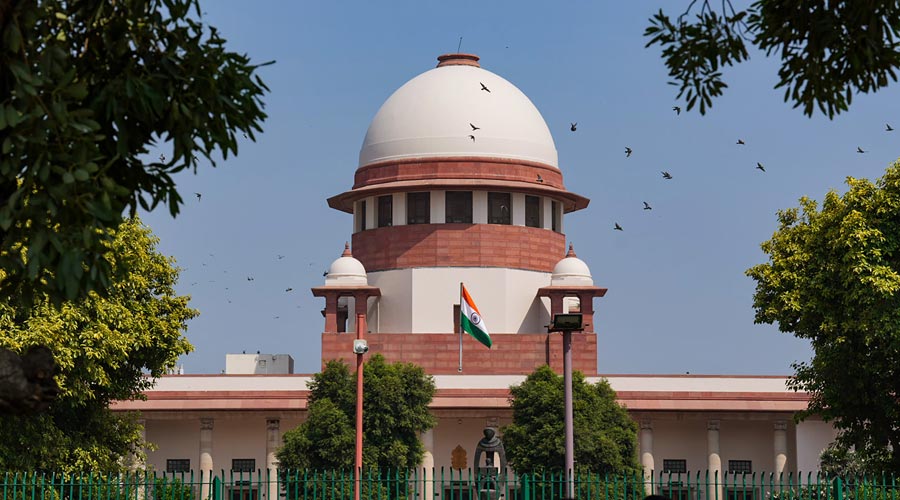The executive is integral to a democratic polity. But an executive keen on exercising exclusive authority is inimical to this system of governance. The Supreme Court’s landmark and crucial judgment, liberating the process of the appointment of the members of the Election Commission from the long shadow of the government in power, ought to be viewed in this context. In a unanimous verdict, a five-member bench of the highest court stated that a neutral committee comprising the prime minister, the leader of the Opposition or that from the largest Opposition party, and the Chief Justice of India should, for the time being, oversee the matter of selecting the members of the EC. The wisdom guiding this judgment is layered. The EC, given its fundamental importance in ensuring free and fair elections, must not be tainted with charges of prejudice. It then stands to reason that the selection of its august members must be made collectively, with merit taking precedence over all other considerations. The representative committee that the court has now created was necessary in light of the frequent charges of biased conduct against the EC and the unwillingness of successive governments to cede control of the body. While arriving at the decision, the Supreme Court was also respectful of the constitutional principle of the separation of powers: its appeal to Parliament to urgently consider the framing of a legislation to this effect must be taken note of. In fact, the court’s intervention — not an overreach — was necessitated on account of political inertia on the matter across the decades. Despite several recommendations to this effect — the Law Commission had proposed a similar committee eight years ago — Parliament had not mustered the energy — willingness? — in seven decades to frame a legislation as mandated by Article 324. This eagerness for monopoly cutting across governments remains a persistent wart on the countenance of Indian democracy.
In fact, there is a case to press for similar loosening of the government’s clutches on other bodies — be it Central investigative agencies or universities — as well as on political offices such as governorships. This decentralisation has the potential of inducting the much needed element of fairness into India’s institutional fabric. The Bharatiya Janata Party’s reaction to the Supreme Court’s decision has been remarkably muted. Does that mean that the executive is not on the same page with the wise court, yet again?










